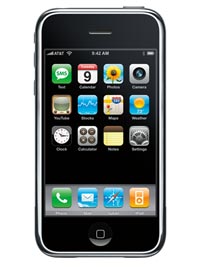 By SOMINI SENGUPTA
New York Times
By SOMINI SENGUPTA
New York Times
Judges and lawmakers across the country are wrangling over whether and when law enforcement authorities can peer into suspects’ cellphones, and the cornucopia of evidence they provide.
A Rhode Island judge threw out cellphone evidence that led to a man being charged with the murder of a 6-year-old boy, saying the police needed a search warrant. A court in Washington compared text messages to voice mail messages that can be overheard by anyone in a room and are therefore not protected by state privacy laws.
In Louisiana, a federal appeals court is weighing whether location records stored in smartphones deserve privacy protection, or whether they are “business records” that belong to the phone companies.
“The courts are all over the place,” said Hanni Fakhoury, a criminal lawyer with the Electronic Frontier Foundation, a San Francisco-based civil liberties group. “They can’t even agree if there’s a reasonable expectation of privacy in text messages that would trigger Fourth Amendment protection.”
To read the full story click here.




